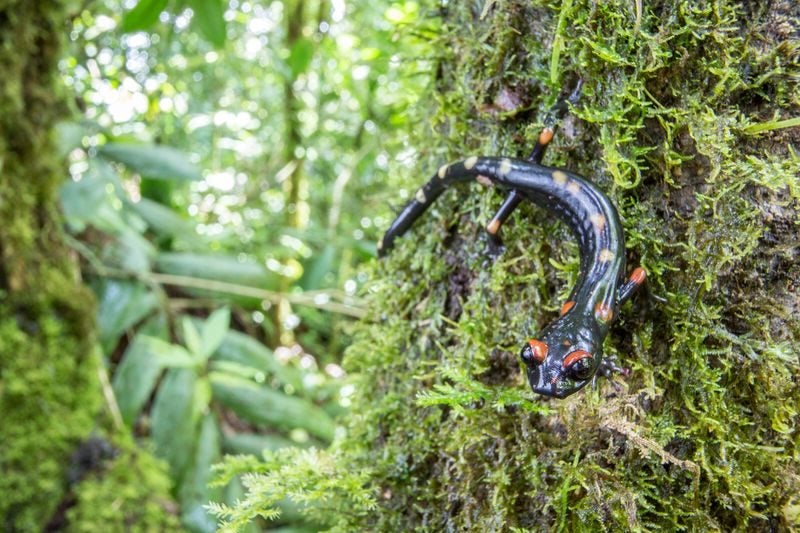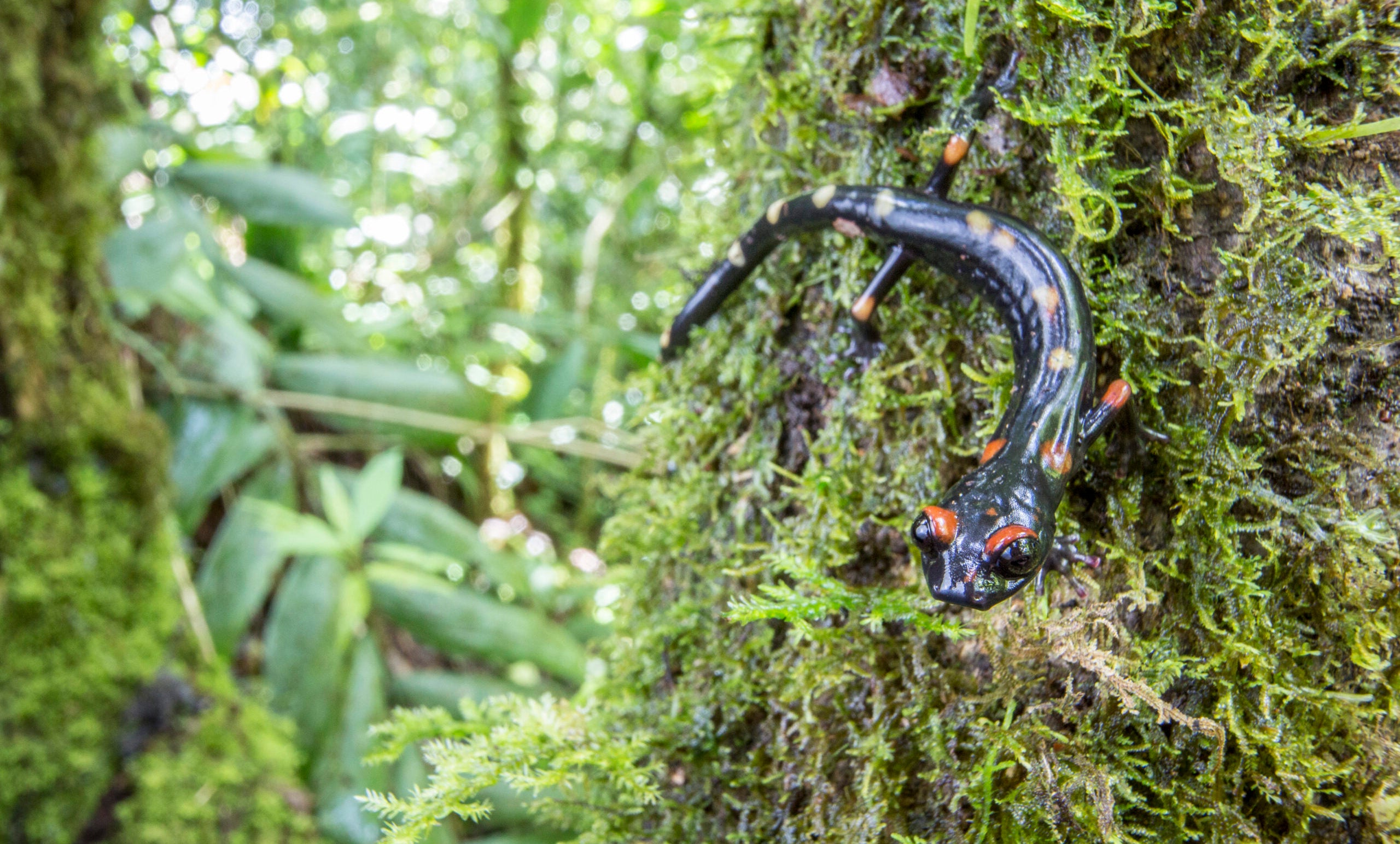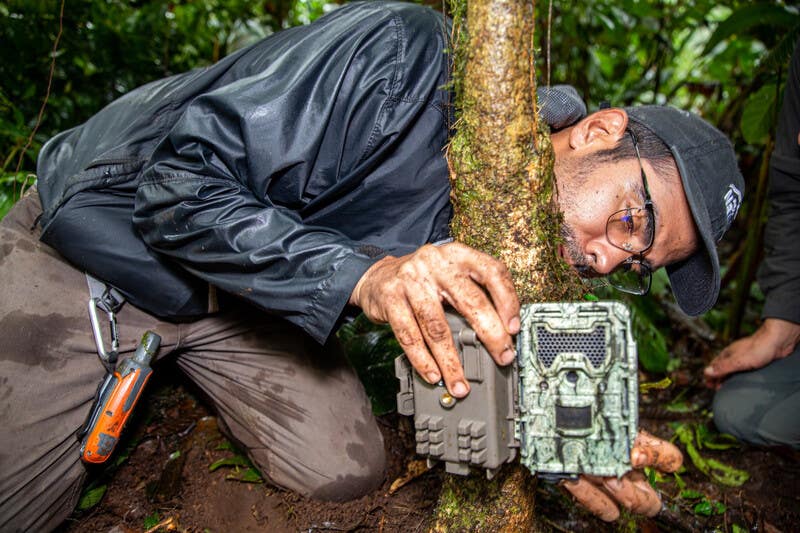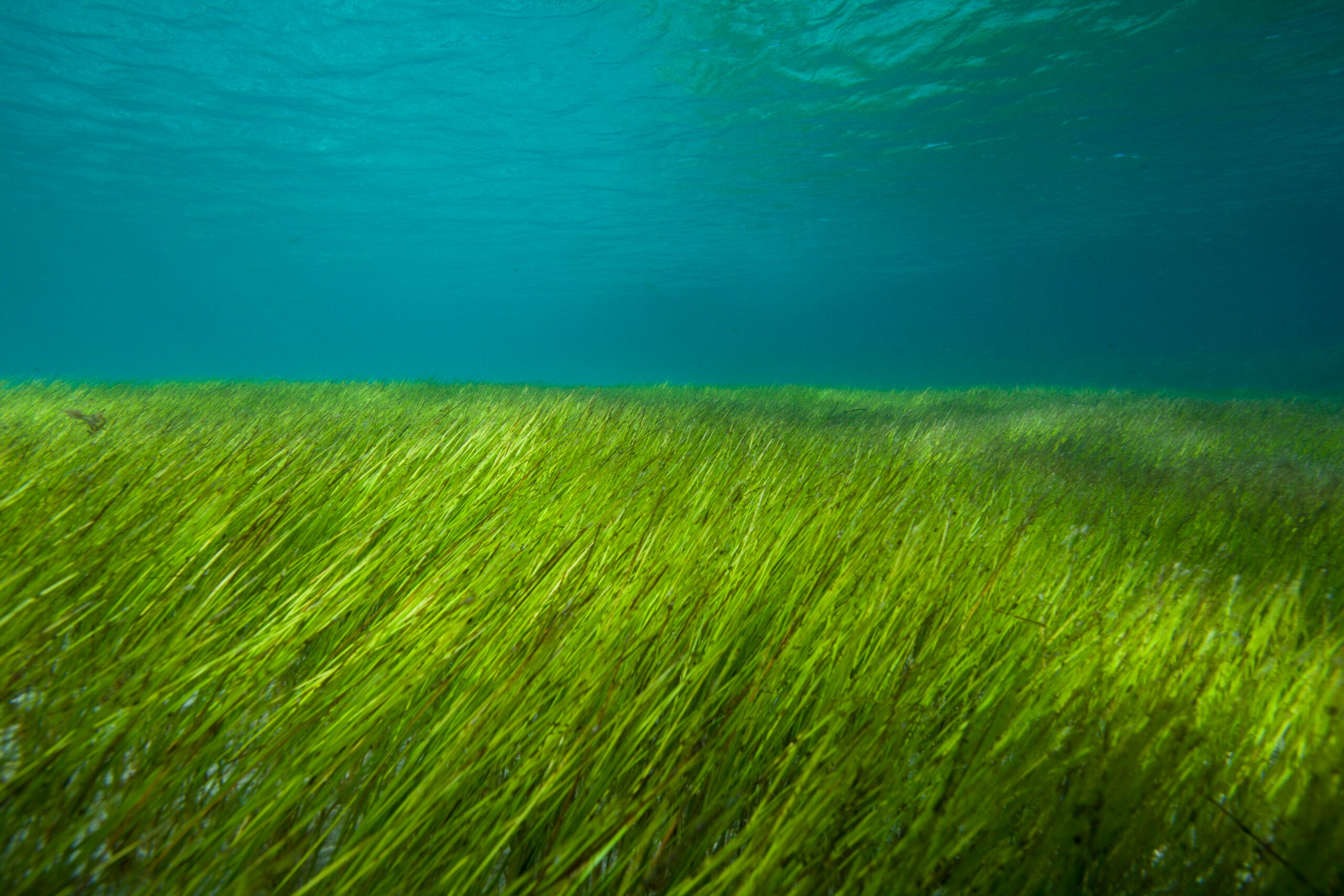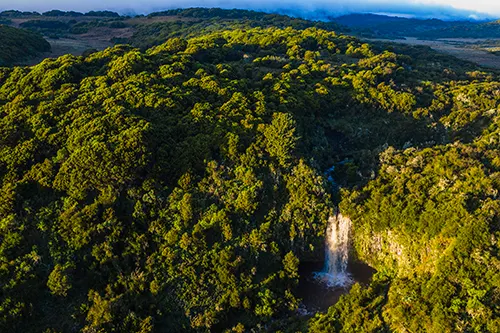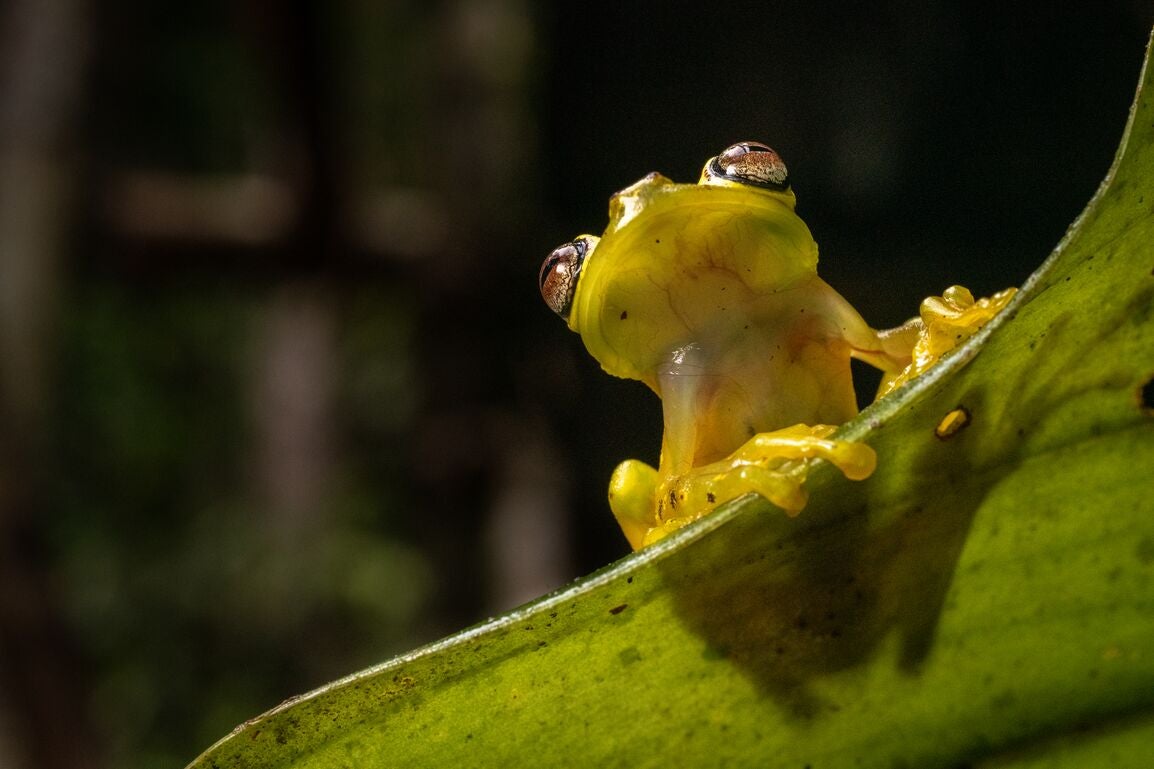Impact
We protect nature where it's most threatened—and where it matters most.
Together, we are making a difference.
See how your contributions are helping us protect wildlife and restore ecosystems.
590+ million
acres in active conservation with partners
197+ million
acres of new conservation areas being created
276
threatened species being actively conserved
36,000+
species benefiting
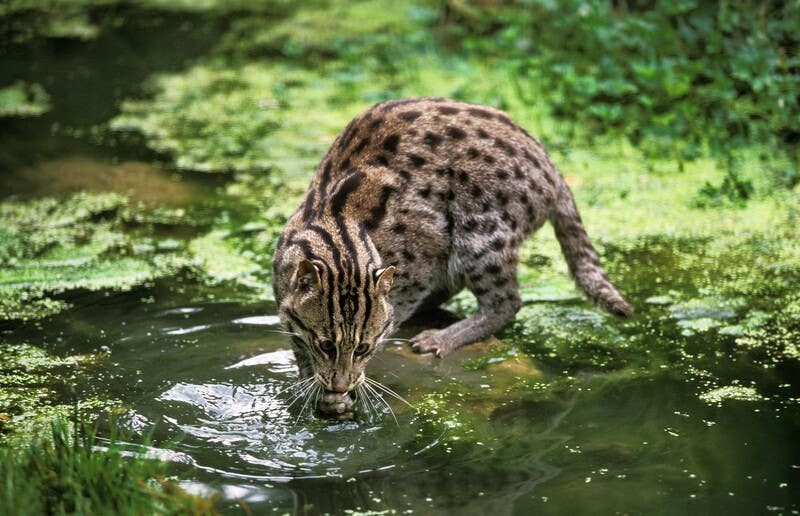
Conservation Partners
Meet the Conservation Partners

2030 Strategic Plan: A roadmap for a wilder future
Re:wild and partners are working to protect and restore the wild, not just as something beautiful and wondrous to be saved, but also as the most important and effective solution to protecting biodiversity, stabilizing climate, and increasing human wellbeing.
Read our planGoal 1
Protect and restore the world's most irreplaceable places.
Goal 2
Conserve and recover the world's most threatened species.
Goal 3
Help embolden and equip the world's conservation guardians.
Goal 4
Build a global movement to catalyze action at scale.
Action Funds
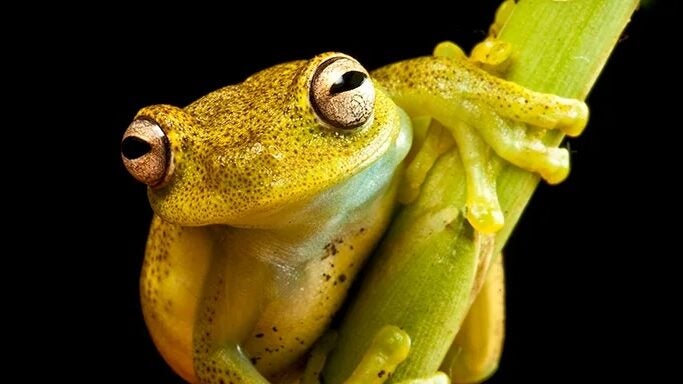
Fonseca Species Conservation Fund
The Fonseca Species Conservation Fund is available to young conservationists in any GEF-eligible country to either start or progress their careers.
Learn More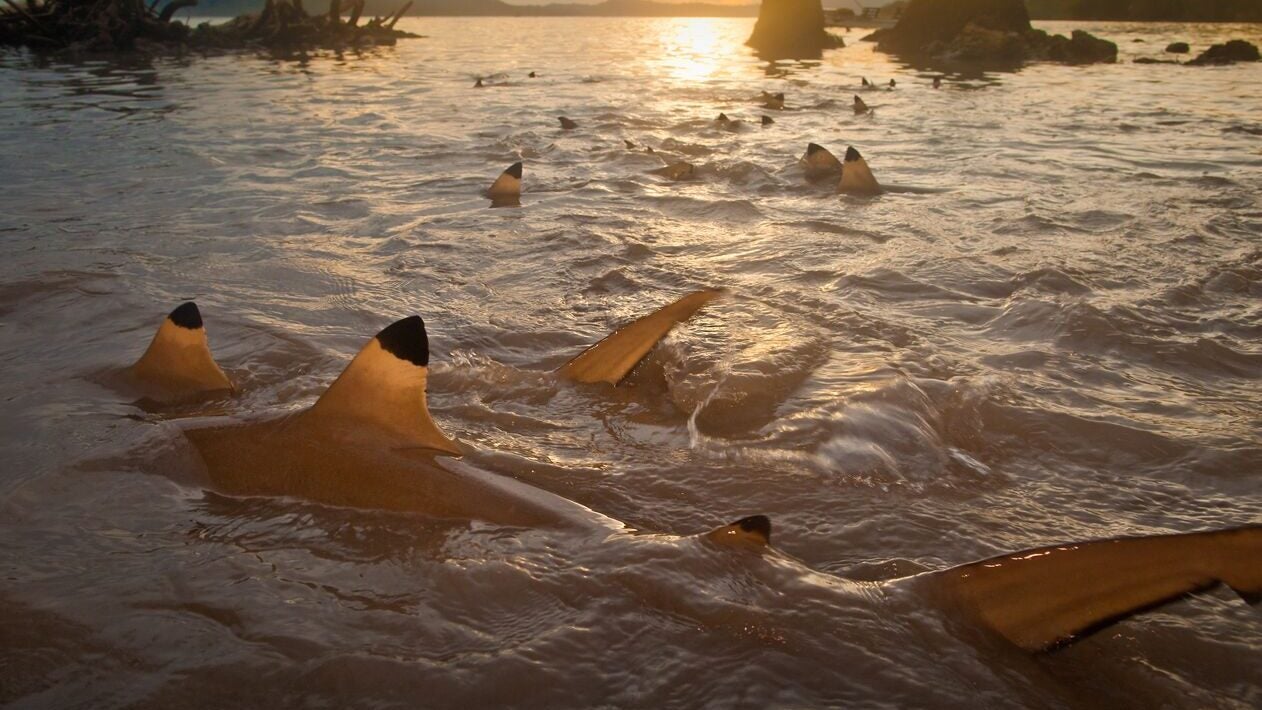
Shark Conservation Fund
Maintaining the vibrancy of the world’s oceans by stopping the overexploitation of sharks and rays.
Learn More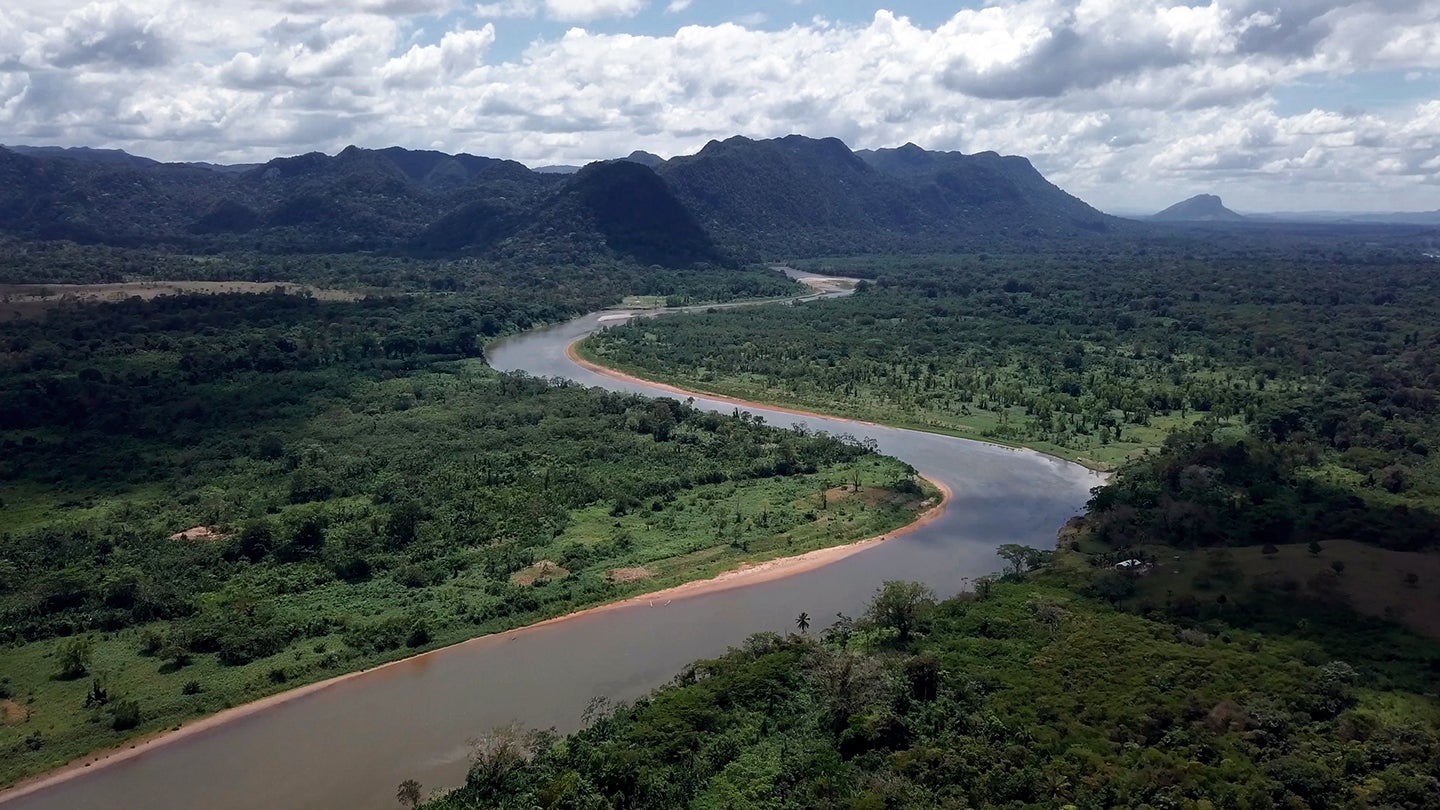
Mesoamerica Climate Resilience Fund
Aiding the recovery of vital communities in the wake of human-caused climate change.
Learn More